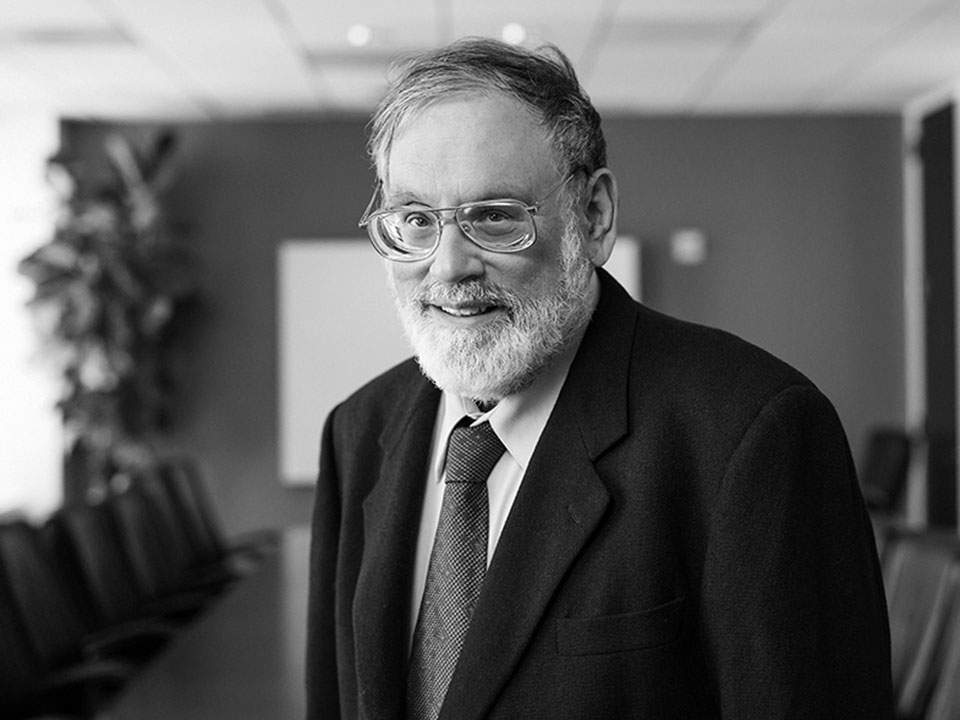Michael P. Lehmann
OVERVIEW
In 1978, before joining Hausfeld, Michael joined the Furth, Fahrner & Mason law firm and began practicing antitrust and business litigation. He was at that firm until 2007; it was the Furth & Lehmann firm when he left, with him having achieved the title of Managing Partner. In 2007, Michael left the Furth firm to set up the San Francisco office of Cohen Milstein, Hausfeld & Toll, where he was a partner. When the separate Hausfeld firm was created in November of 2008, he left Cohen Milstein and joined Hausfeld as one of the founding partners and has worked there ever since.
For over four decades, Michael played significant roles (including several co-lead positions) on the plaintiffs’ side in major antitrust class actions, such as the HIV Antitrust Litigation, the Packaged Seafood Products Antitrust Litigation, the Farm-Raised Salmon and Salmon Products Antitrust Litigation, the Automatic Card Shufflers Litigation, the California Gasoline Spot Market Antitrust Litigation, the Disposable Contact Lens Antitrust Litigation, the Transpacific Passenger Air Transportation Antitrust Litigation, the NCAA Student-Athlete Name And Licensing Litigation, the Brand Name Prescription Drug Antitrust Litigation, the Dynamic Random Access Memory (DRAM) Antitrust Litigation, the Static Random Access Memory (SRAM) Antitrust Litigation, the Cathode Ray Tube (CRT) Antitrust Litigation, the TFT-LCD (Flat Panel) Antitrust Litigation, the Cosmetics Antitrust Litigation, the Graphics Processing Units (GPU) Antitrust Litigation, the Compact Disc Minimum Advertised Price Antitrust Litigation, the Publication Paper Antitrust Litigation, the High Pressure Laminates Antitrust Litigation, the Bristol Bay Salmon Fishery Antitrust Litigation, and the Intel Microprocessor Antitrust Litigation.
His current work includes recently filed antitrust cases involving leading manufacturers of concrete admixtures, leading manufacturers of granulated sugar, Google LLC, and Apple Inc.
Clients
During the first part of his career at the Furth firm, Michael did extensive defense work for a varied roster of clients, such as the Santa Fe Southern Pacific Railway Co., Sprint Communications Co., Kellogg Co., Grolier Inc., News Inc., Columbia Pictures, Georgia-Pacific Co., and William Sullivan (former owner of the New England Patriots). He was among those representing these entities as either defendants in class action antitrust litigation, plaintiffs in individual antitrust cases, defendants in proceedings brought by the Federal Trade Commission, petitioners in proceedings before the United States Food and Drug Administration, or respondents in arbitration proceedings before the International Chamber of Commerce. During this phase of his career, Michael helped Kellogg defeat a charge by the FTC that it and other ready-to-eat cereal companies engaged in a “shared monopoly” and wrote submissions to the FDA that caused it to permit certain types of health claims on food labels.
EDUCATION
Hastings College of the Law, J.D., 1977
University of California at Berkeley, A.B., 1974
BAR ADMISSIONS
California
AFFILIATIONS
American Bar Association, Member
WHAT OTHERS SAY
American Antitrust Institute
- Outstanding Antitrust Litigation achievement in Private Law Practice in 2023 for Olean Wholesale Foods Inc. v. Bumble Bee Foods Inc
Best Lawyers
- Best Lawyer since 2013
- Antitrust Law
- Litigation - Antitrust
Global Competition Review
- Outstanding Antitrust Litigation Achievement in Private Law Practice, an honor he received twice:
- As part of the In re Blue Cross Blue Shield Antitrust Litigation case team in 2021
- As part of the In re Foreign Exchange Benchmark Rates Antitrust Litigation case team in 2015
Lawdragon
- Hall of Fame since 2022 – described by Lawdragon as "outstanding lawyers who have made remarkable contributions as leaders, litigators, dealmakers, power brokers, judges and innovators."
- 500 Leading Plaintiff Financial Lawyers since 2019
Legal 500
- Recommended Lawyer, Antitrust - Civil Litigation/Class Actions: Plaintiff in 2019
Lexology Index (Formerly Who's Who Legal)
- Thought Leader, USA: Competition, since 2023
- Recommended Lawyer, Competition: Plaintiff since 2018
- Global Leader, Competition: Plaintiff in 2019 & 2023
- Thought Leader, Competition: Plaintiff in 2023
"Michael Lehmann possesses over 40 years of experience in the antitrust arena and regularly handles major antitrust class actions." (Who’s Who Legal, Competition - Plaintiff - Legal Marketplace Analysis, 2022)
Super Lawyers
- Super Lawyer, Antitrust Litigation in San Francisco since 2011
Other
- Recipient of the Martindale-Hubbell Judicial AV Preeminent rating year-after-year.
